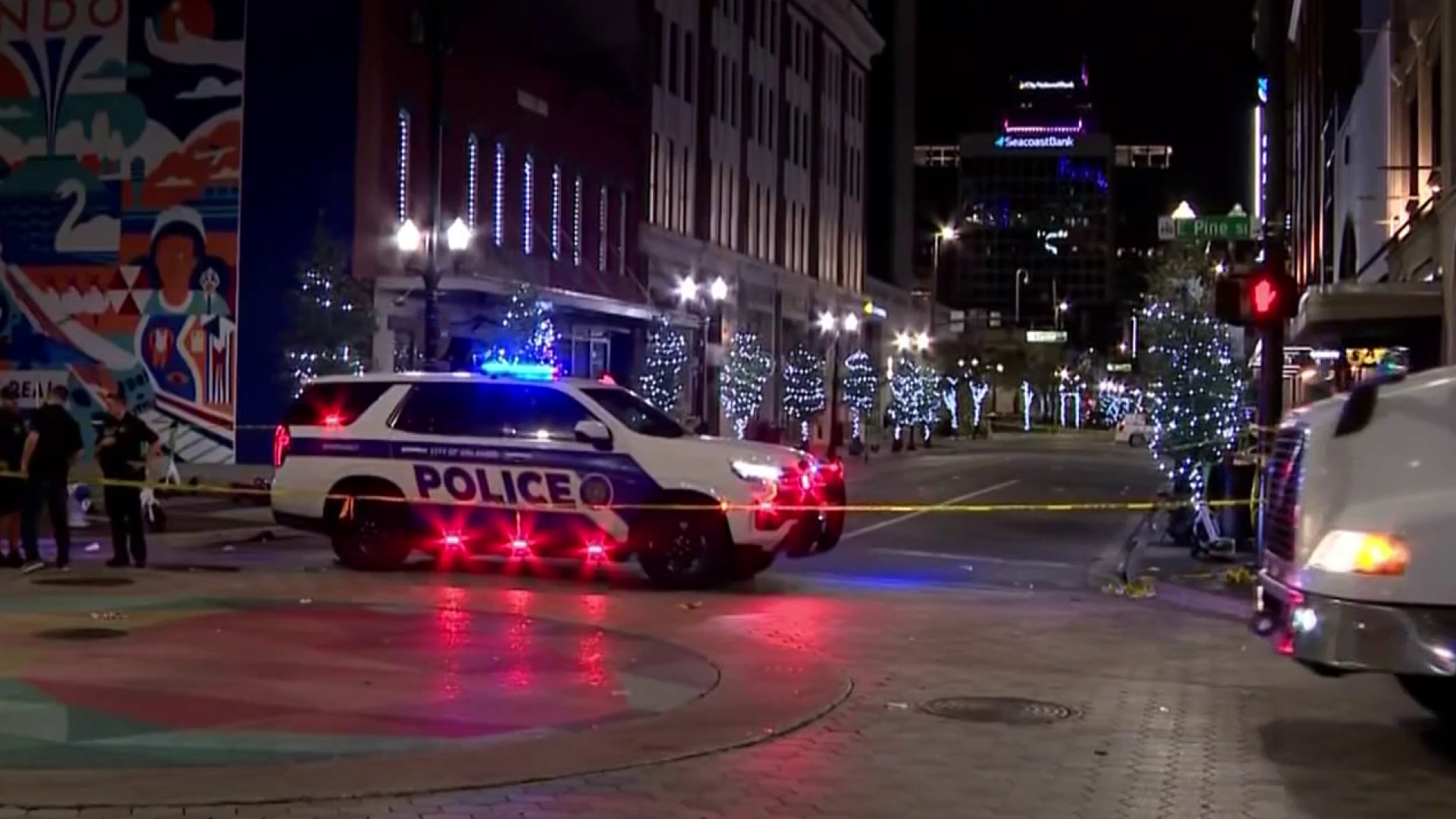Customs and Border Protection said Thursday it compiled a database of journalists, lawyers and activists in order to investigate border clashes related to last fall’s migrant caravan.
But those on the federal list obtained exclusively by NBC 7 are skeptical of that reasoning.
Border Angels volunteer and board member Hugo Castro remembers being detained by CBP on December 20 because the delay made him miss a doctor’s appointment.
“I was interrogated for more than five and a half hours,” Castro told NBC 7 and Telemundo 20 Thursday.
Castro’s date of interrogation as he tried to cross back into the U.S. is noted in the documents obtained by NBC 7.
But the American citizen says officers primarily asked him general questions about the caravan of migrants coming from Guatemala and Honduras, how he was getting paid and what his organization’s role was in assisting migrants.
Castro said he was not asked about specific clashes.
U.S. & World
Stories that affect your life across the U.S. and around the world.
Clashes like the one that occurred on Nov. 25, 2018, when days after Thanksgiving, U.S. Border agents fired tear gas at hundreds of migrants protesting and rushing towards the border in Tijuana.
In a statement, CBP Assistant Commissioner of Public Affairs Andrew Meehan wrote, “In response to recent incidents in November 2018 and January of this year, which included assaults against Border Patrol agents, CBP identified individuals who may have information relating to the instigators and/or organizers of these attacks.”
CBP told NBC News these people were being questioned so that the agency could learn more about what started the November and January clashes.
“Efforts to gather this type of information are a standard law enforcement practice,” Meehan continued.
But of the journalists on the list NBC 7 spoke with, only one said he was even at the incident in November.
And, like Castro, four said they were not asked about it by CBP officers.
Alex Mensing, an organizer with the non-profit Pueblo sin Fronteras was on the government’s list.
Mensing said he was at the border on Nov. 25 and witnessed the clashes, but said CBP has never asked him about that incident.
“I’ve specifically asked many of the officials who have sent me to secondary inspection, ‘Why are you sending me to secondary inspection?’ And on at least one occasion the officer said, ‘I don’t know why, the screen just tells me to send you there,’” he told NBC 7.
CBP said the Department of Homeland Security’s Office of Inspector General in conjunction with CBP’s Office of Professional Responsibility initiated an inquiry in February to “ensure that all appropriate policies and practices were followed.”



